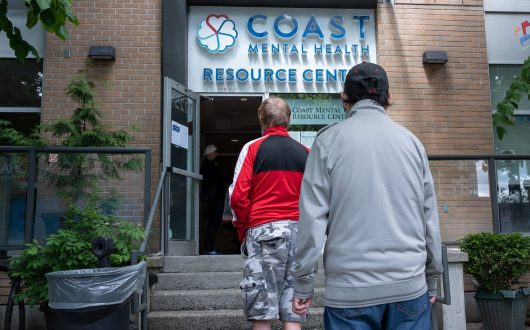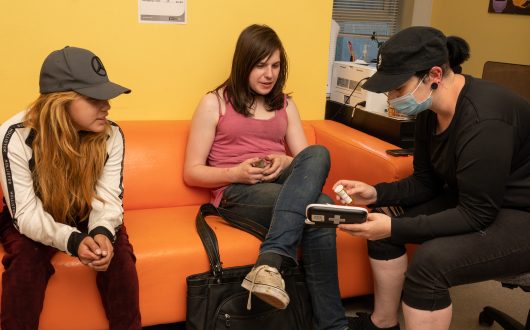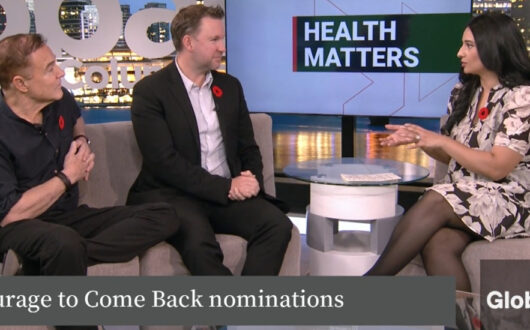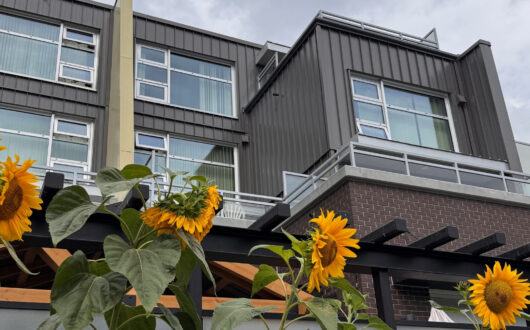Accessing Timely Medical Treatment Allows JP to Live a Better Life
“I didn’t look like I was worth helping.”

The Resource Ctr. is a community hub that offers vulnerable populations access to the healthcare system through our Outreach Services.
Those are the words of JP, a long-time resident of the St. Helen’s. A single-room occupancy hotel in downtown Vancouver where Coast Mental Health offers onsite support services.
JP was describing his difficulty in accessing healthcare. He has been sent away from hospital emergency rooms and clinics many times without receiving treatment.
“I guess I looked scruffy; I was homeless for many years,” JP said as he recalled a recent incident.“ It made me feel really low and that I was a third-rate citizen in my own country. I felt the disgust of the healthcare workers and what I seemed to represent to them.”
JP’s experiences are not unique.
Too often, people with mental health and substance use issues are marginalized by society, including our healthcare providers.
These encounters leave vulnerable people feeling devalued, dismissed, dehumanized, and rejected by the very services that should be helping them. Such responses compound clients’ feelings of hopelessness and low self-esteem.
JP’s physical health issues went untreated, and he began self-medicating.
Coast Mental Health’s Young Adult Opioid Agonist Therapy Clinic offers supports to people in recovery of a substance use disorder.
“I went down hard,” he remembered. “I was taking hard drugs to control the pain as well as the stress and depression. I felt alone in the world, and I had suicidal thoughts.”
His ill health continued for years, and JP found it increasingly difficult to attend the Downtown Eastside clinic where he had been going for a long time.
With help from Coast Mental Health staff, he was able to switch clinics and now attends Three Bridges, which is close to his home.
“I feel like things are starting to turn around and most days I can’t wait to get out of bed,” said JP, who works as a Coast Mental Health peer support worker and volunteers with our Planning & Partnership Committee.
He is grateful to the frontline staff who remind him about appointments and go with him to medical appointment if he asks.
“I’ve learned they [healthcare workers] don’t want to hear from us; they prefer to talk with the staff.”
Yes, In My Backyard
People with mental illness and addictions need treatment plans that are tailored to them and that consider the chaos in which some people live.
More urgent primary care clinics are needed, and we need government to invest in healthcare outreach teams.
We need to integrate clinical care with supportive housing sites to better meet the needs of people like JP. Having onsite nurses makes a significant difference in dealing with healthcare concerns.
We also ask you to advocate for funding for more staff, particularly more Indigenous workers, to act as advocates for our clients.
Visit our website to learn more about the Yes, In My Backyard campaign.
We encourage you to share our goals with your networks using the hashtags #Yesinmybackyard and #Fundmentalhealth.



